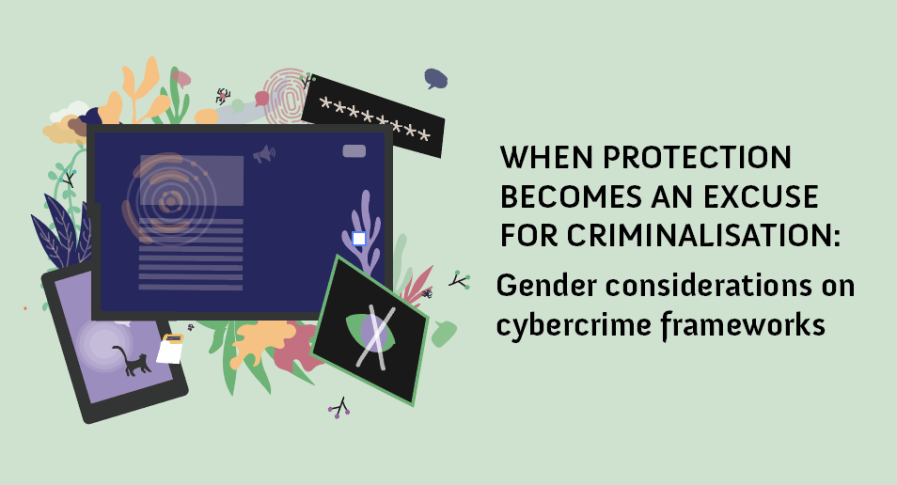
The use of the criminal system to undermine freedom of expression does not arise with, nor is it limited to, cybercrime legislation. However, the increase in online violence, hate speech, disinformation and malicious acts in cyberspace, such as those impacting state infrastructure, has given rise to alarmist responses by states that have resulted in cybercrime legislations that – contrary to the principles of legality, necessity and proportionality – are characterised by broad and vague definitions, allowing for arbitrary or discretionary application and resulting in legal uncertainty, presenting serious dangers to the exercise of fundamental rights due to their criminalising effects which, in turn, deepen gender inequalities.
Several different types of conduct that generate harm on the internet have been classified as “cybercrime” by national laws, mainly because they occur in online spaces or because they are committed through the use of technology. In some cases, acts that constitute online gender-based violence are included within these legislations. Cybercrime laws, however, normally refer to non-gender-specific acts or are designed without due consideration to gender inequalities. Criminal definitions are drafted in a broad manner and without applying a gender perspective in their formulation and in their implementation. As a result, the impact of the criminalisation generated by these laws also has specific effects on gender equality.
This exploratory report seeks to contribute to ongoing and future discussions concerning gender and cybercrime by providing concrete evidence of how national cybercrime laws have been used to silence and criminalise women and LGBTQIA+ people around the world. Eleven cases from Cuba, Egypt, Jordan, Libya, Nicaragua, Russia, Saudi Arabia, Uganda and Venezuela are presented and discussed.
Read the report here.
![]()
This publication was developed with support from the UK Government.